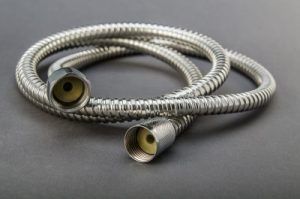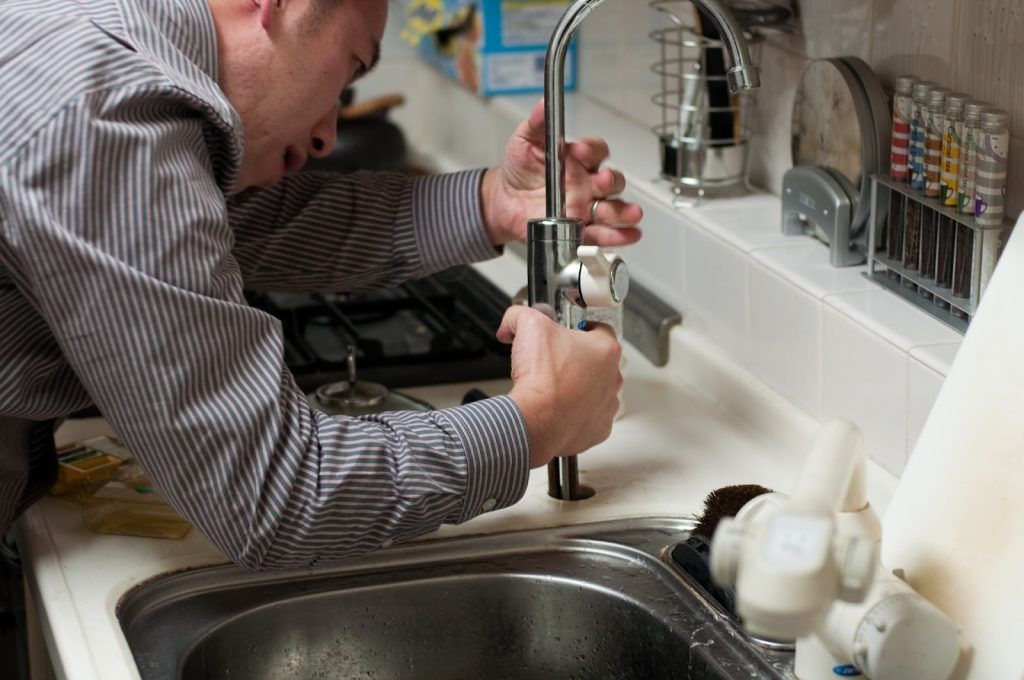Are you experiencing a water or gas leak in your home or business? Leaks in water and gas pipes can cause major problems for your property and safety. If a leak occurs, it’s essential that you take steps to stop the flow as soon as possible. How do you do so? In this article, we will provide 6 tips on how to stop a water or gas leak quickly and safely. Read on for more information.
Use Gaskets to Seal the Leak
One of the easiest and most effective ways to stop a water or gas leak is to use a gasket. Gaskets are rubber seals that wrap around the leaking pipe and tighten it to keep any liquids from escaping. For instance, EPDM rubber gaskets are a great option for sealing water pipes since they are durable and easy to install. The best type of gasket for this job is one with metal reinforced edges, providing the strongest seal.
When using gaskets to stop a leak, ensure that the gasket is tightly secured with screws or clamps. Additionally, always use gloves and safety glasses when working with gas pipes, as they may contain hazardous chemicals. If the situation doesn’t improve, it is best to work with a professional plumber for further repairs.
Use Plumbers Tape to Patch the Leak
Another great way to stop a water or gas leak is to use a plumber’s tape. This type of tape is made from strong plastic and can easily patch up small holes in pipes. It works by wrapping around the pipe and adhering to itself, providing a tight and waterproof seal.
With plumber’s tape, you don’t have to worry about the patch coming apart over time. However, it is important to place the tape as close to the leak as possible, so it doesn’t move around when tightening or loosening the pipe. This ensures that the tape provides a secure seal, preventing further leaking.
Use Pipe Clamps to Seal the Leak
Pipe clamps are another effective tool for stopping water and gas leaks. They work by compressing the pipe at the point of the leak, creating a tight seal that prevents liquids from escaping. These clamps come in various sizes and shapes, so you can find one that fits your leaking pipe perfectly.
It is important to ensure the clamp is tight enough to prevent any liquids from seeping out. If it isn’t, you may have to use a stronger clamp or some other form of reinforcement to create a more secure seal. Additionally, always wear gloves and safety glasses when dealing with gas pipes, as they may contain hazardous chemicals.
Replace the Pipe or Fitting
In some cases, replacing the pipe or fitting may be the best way to stop a water or gas leak. This can be an effective solution if the pipe is old and corroded or if it has been damaged beyond repair.
When replacing a pipe, it is important to choose the right materials. For instance, copper pipes are recommended for water lines since they are corrosion-resistant and durable. As for gas lines, brass or stainless steel pipes are usually best since they can withstand high pressures and temperatures. Be sure to consult a professional plumber for help and advice before replacing any pipes or fittings.
Use Caulk to Seal the Leak
Caulking is another popular method of stopping water or gas leaks. This involves applying a special sealant around the leaking pipe, providing a strong waterproof seal. It’s important to ensure the area is clean and dry before applying caulk. Additionally, you should use a good-quality sealant that is specifically designed for use on gas pipes.
Be careful when using caulk to stop a leak, as the sealant can take some time to dry. Therefore, waiting at least 24 hours before testing or using the pipe again is best. Moreover, wearing protective gear when caulking is essential, as the sealant may contain hazardous chemicals.
Work with a Professional

Sometimes, working with a professional plumber is the best way to stop a water or gas leak. These professionals have years of experience and knowledge in dealing with pipes and fittings, so they can quickly identify the source of the leak and recommend the best solution.
Moreover, a professional plumber will be able to provide advice on different materials and types of pipes, fittings, and sealants. This can help you make the right decision when it comes to stopping your leak. Ensure to check on their experience, certifications, and reviews before hiring them.
There are various ways to stop a water or gas leak. It is always important to use the right tools and materials when attempting repairs. If you’re unsure how to fix the problem, working with a professional plumber is highly recommended. With their help, you can ensure your pipes are repaired safely and effectively.

























